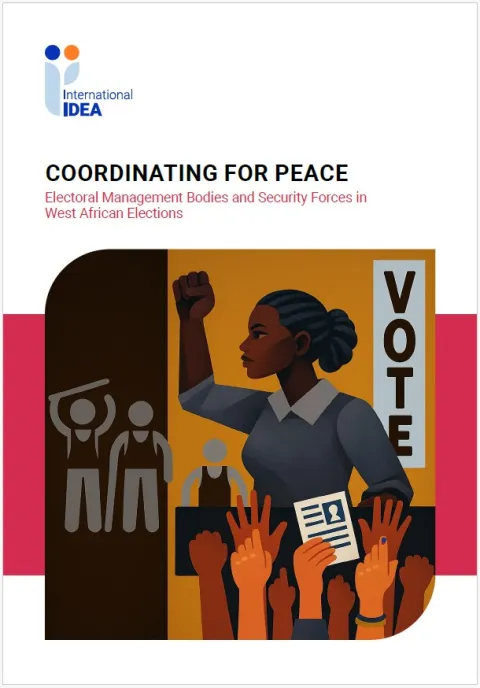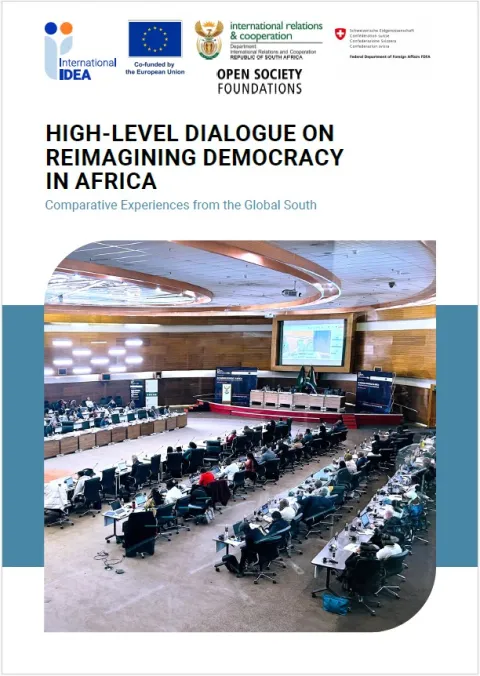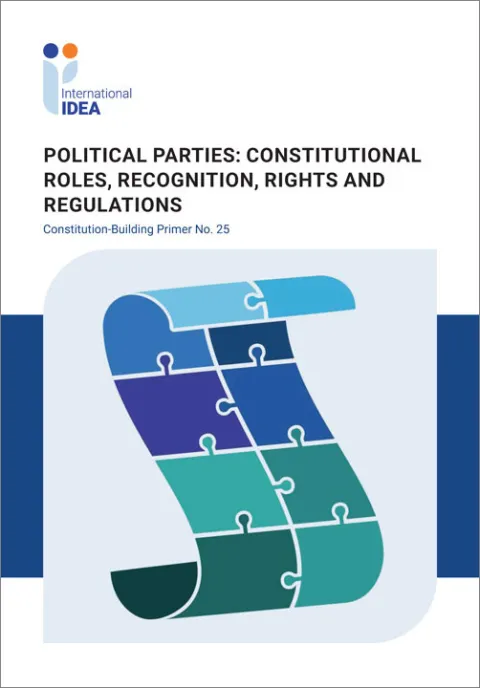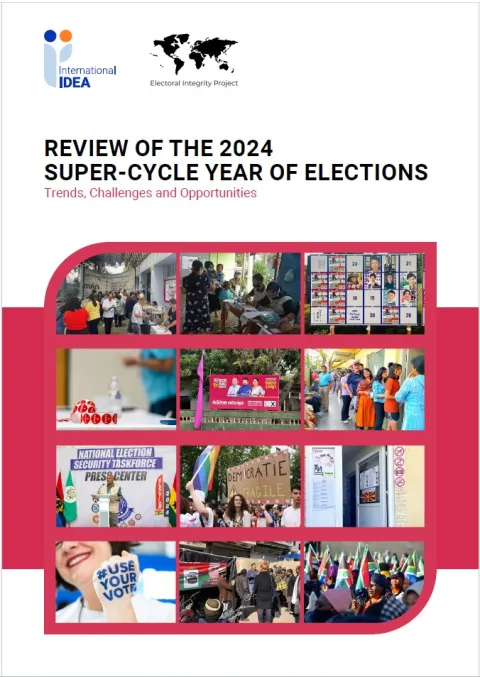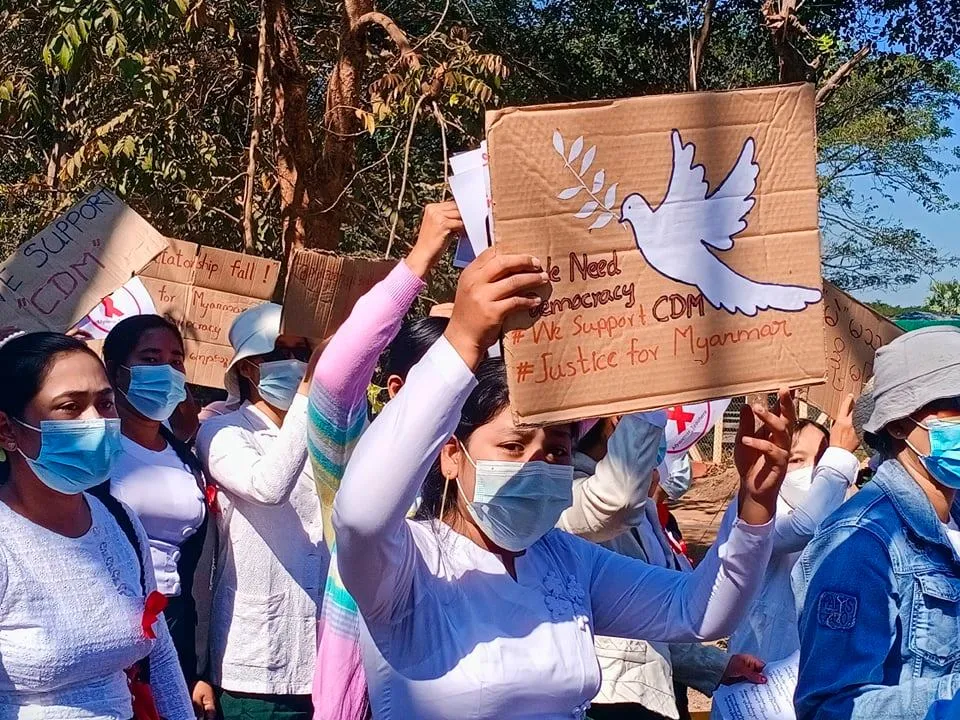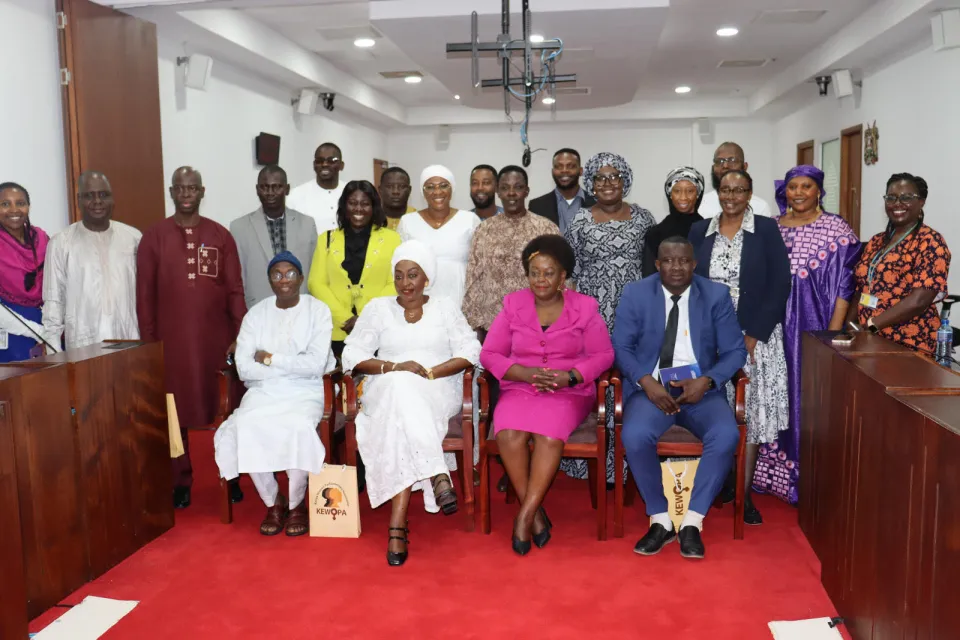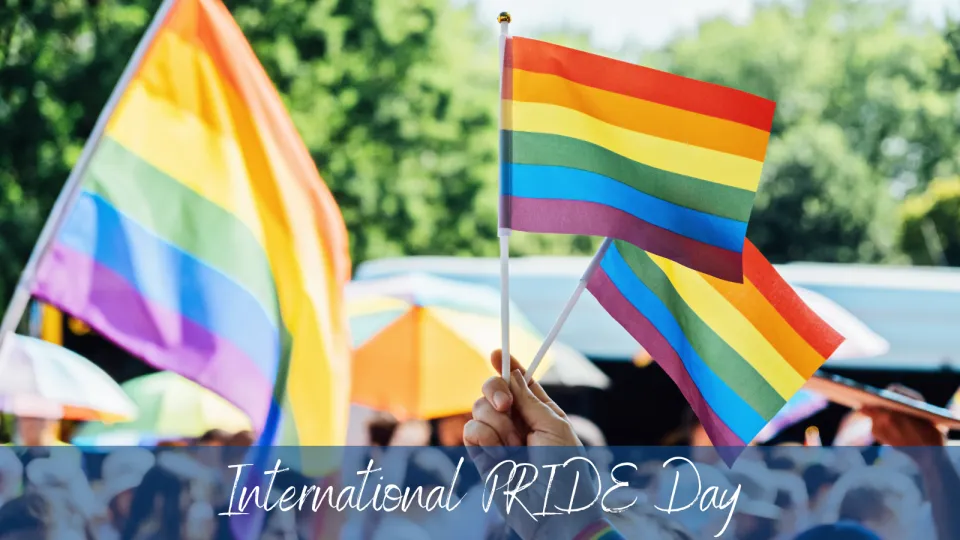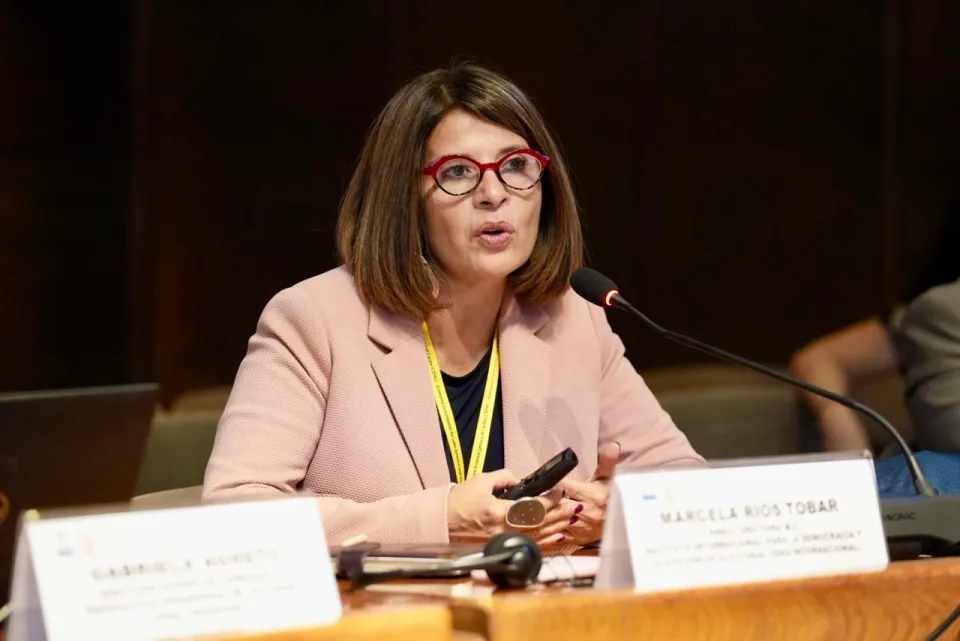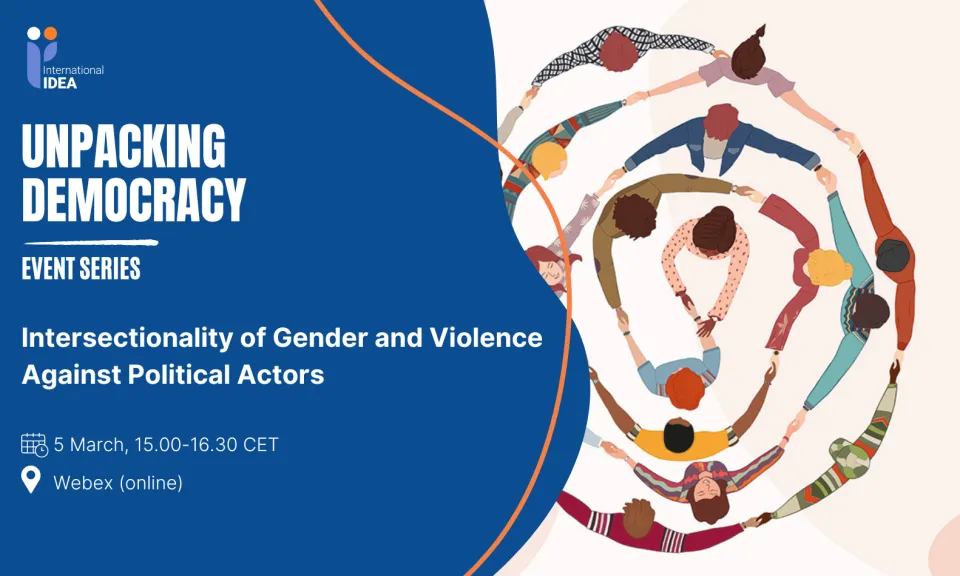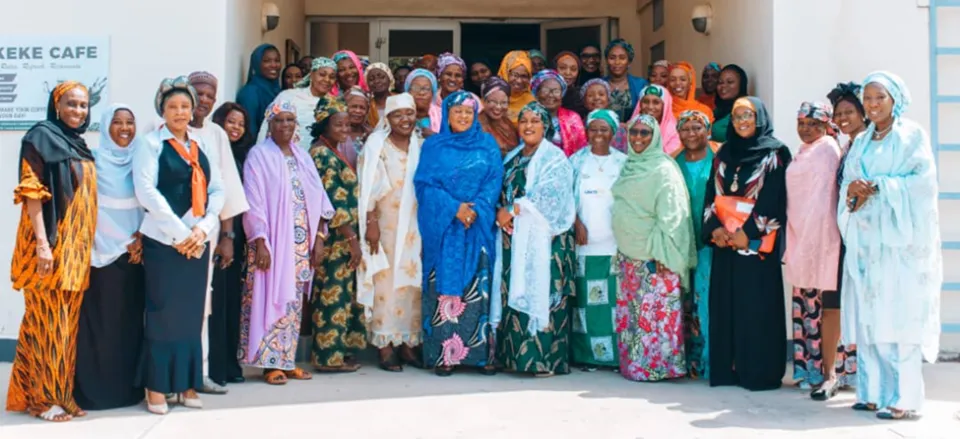The Role of Political Parties on Women’s Participation and Representation
‘Leave no one behind’ (LNOB) is the central, transformative promise of the 2030 Agenda for Sustainable Development and its Sustainable Development Goals (SDGs). Hence, SDG 5—‘Achieve gender equality and empower all women and girls’—is an intrinsic enabler for sustainable development and representative democracy for each country and the world at large. The SDG 5 stipulates the requisite collective action for transformation and creating conducive environments towards substantive equality for all women and girls. In order to take on the challenge of translating SDG 5 into reality for women and girls across the world, it is fundamental to address the key areas of gender inequality, such as gender-based discrimination in law and in practice, violence against women and girls, the lack of and unequal access to and ownership of economic resources, and women’s unequal participation and representation in both private and public decision-making positions.
This Technical Paper focuses on political parties’ responsibilities on achieving gender equality in politics and women’s political empowerment, particularly women’s participation and representation in positions of power and decision making at all levels.
Details
Staff author
Related databases & tools
Contents
1. Global context: comprehensive frameworks and commitments
2. Representative democracy and political parties
3. Political parties as ‘gatekeepers’ on women’s participation and representation
4. Political parties as transformative agencies for women’s participation and representation
4.1. Political party constitutions and policy documents
4.2. Political party rules and procedures
4.3. Political party gender equality policy
4.4. Women’s units/councils/commissions in political parties
About the author
References
About International IDEA
Give us feedback
Do you have a question or feedback about this publication? Leave us your feedback, and we’ll get back to you
Send feedbackThe Role of Political Parties on Women’s Participation and Representation
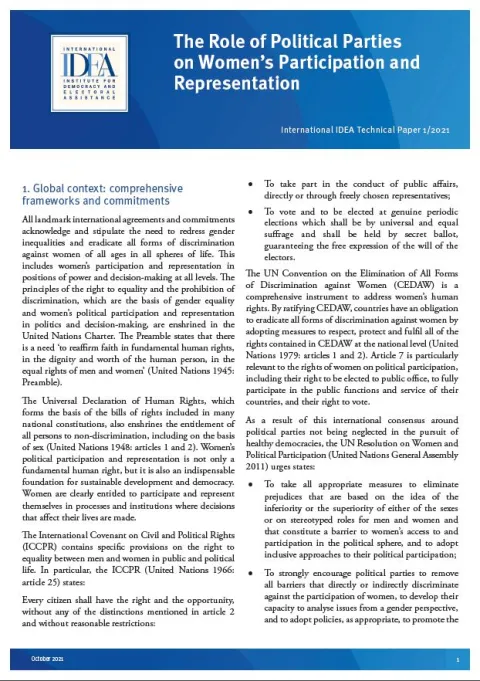
| Total views | 11553 |
|---|---|
| Downloads | 245 |
| Rating |
Staff author
Related databases & tools
Give us feedback
Do you have a question or feedback about this publication? Leave us your feedback, and we’ll get back to you
Send feedback
